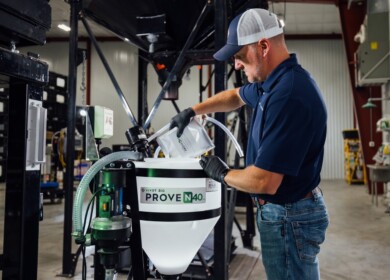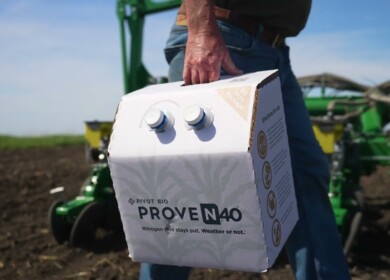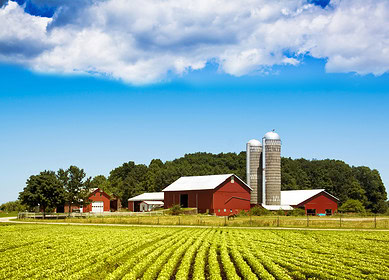Pivot Bio’s nitrogen program hits major milestone with 1.4 million acres enrolled

Pivot Bio has reached a significant milestone in its N-OVATOR sustainability program, with 1.4 million acres enrolled to generate nitrogen credits for the 2024 growing season. This expansion reflects a marked increase in the adoption of sustainable farming practices, almost doubling the acreage involved compared to last year.
The N-OVATOR program aims to encourage farmers to reduce their reliance on synthetic nitrogen by using Pivot Bio’s microbial nitrogen technology. This alternative provides a more sustainable way to nourish crops while enhancing soil health and protecting water resources. By switching to these microbes, farmers can decrease input costs, improve yield potential, and create an additional income stream by generating nitrogen credits.
This growth reflects a broader industry trend as more farmers and agricultural businesses recognize the benefits of sustainable practices. In response to this momentum, Pivot Bio has partnered with various companies across the agricultural supply chain—including consumer goods producers, ingredient suppliers, and grain buyers—to support farmers for their environmental contributions during the 2024 season.
In practical terms, the program offers financial incentives to participating farmers. Since its launch in 2022, the N-OVATOR program has paid over $13 million to farmers for implementing better nitrogen management practices, with some participants receiving up to 50% of their initial investment in microbial nitrogen products.
Moving forward, Pivot Bio plans to expand the program to include new regions and crops, with ongoing research into next-generation products designed to further reduce synthetic nitrogen usage. By continuing to develop these solutions, the company hopes to extend the environmental and economic benefits to a wider array of farmers.
The rapid adoption of the N-OVATOR program highlights a growing shift within the agriculture sector toward practices that support both economic resilience and environmental responsibility. As the industry continues to grapple with the challenges of sustainability, programs like N-OVATOR may play an increasingly central role in modern farming operations.
This development is part of a broader trend where innovative agricultural technologies are reshaping farming practices, reflecting the growing importance of sustainability goals in food production systems.
Enjoyed this story?
Every Monday, our subscribers get their hands on a digest of the most trending agriculture news. You can join them too!













Discussion0 comments